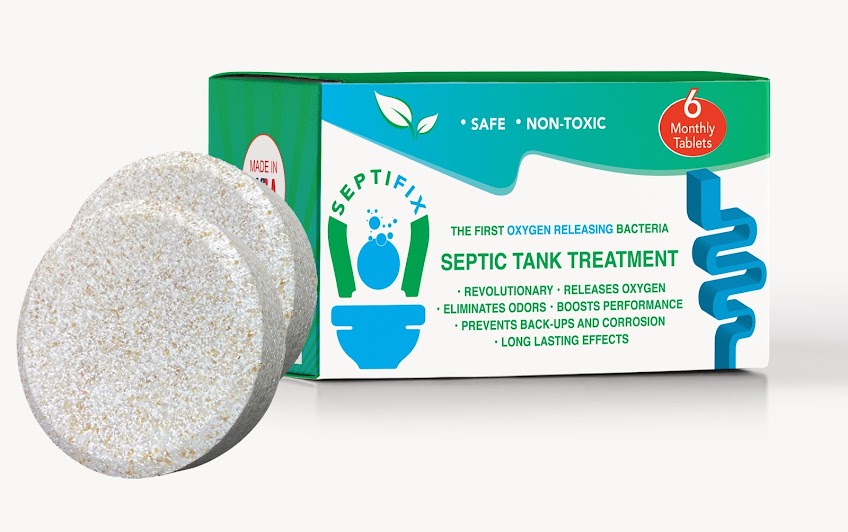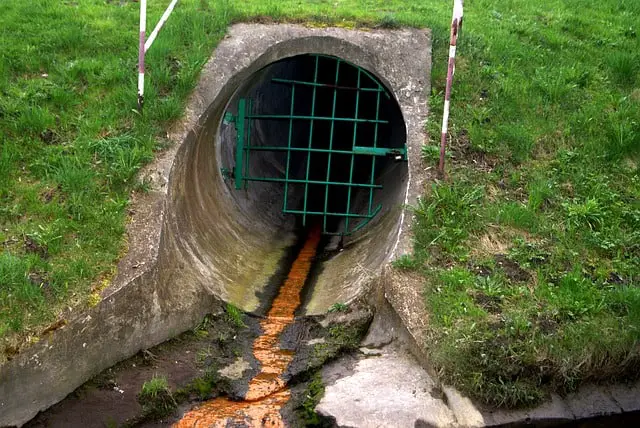Where to buy a septic tank?
Given the many advantages of septic tanks, it is no wonder that more and more homeowners are choosing to install them for wastewater treatment. Septic tanks are environmentally friendly, since they do not contaminate the water supply. The bacteria are removed before water is dispersed into the soil. Septic tanks are also very durable, if properly maintained, and more cost efficient than laying down extensive sewer lines. If you are planning to install a new septic tank at your property, you may be wondering the following question.
Where to buy a septic tank from? Well, you can buy a septic tank from any septic tank supplier in your area. There is no dearth of septic tank retailers in the US, regardless of where you live. Before you sign the contract, we recommend you to get quotes from different suppliers. This is the only way to ensure you get the best value for your money.
Call Septic Service Pros 855.925.0760 For Service or Request a Quote
Who are top septic manufacturers in the US?
The following list contains information regarding the top manufactures in the US by annual revenue. But keep in mind that often small manufactures offer better customer service and value for money, so do not buy from a provider based on its size alone.
- Orenco Systems, Inc. (Headquarters – Oregon)
- Chem-Tainer Industries (Headquarters – New York)
- AK Industries (Headquarters – Indiana)
- Douglas Tank Sales (Headquarters – Idaho)
- WaterTanks.com (Headquarters – California)
- Protank Ltd. (Headquarters – Mississippi)
- Sterling Technologies, Inc. (Headquarters – Pennsylvania)
- All Plastics and Fiberglass, Inc. (Headquarters – Alabama)
- Roto Dynamics Inc. (Headquarters – California)
- Sherman Roto Tank (Headquarters – Texas)
Call Septic Service Pros 855.925.0760 For Service or Request a Quote
How to pick the right septic tank supplier?
Here’s the thing: Septic tank suppliers are available in plenty. For an average buyer, that is a great thing. Stiff competition helps keep price competitive.
If you want to buy a septic tank, contact various suppliers in your area and get a price estimate. Then compare different quotes to see which provider is offering you the best bang for your buck.
Here are some questions that you must ask a supplier when you contact them to find out which type of septic system will be right for your home.
How much water the system will handle on a daily basis?
When it comes to septic tanks, size does matter. The septic tank you buy should be right for your needs — neither too big nor too small. So, while getting a quote from a supplier, do ask them how much water their septic system can comfortably handle. An inappropriately sized septic tank is the last thing you want, because that means your septic tank will not be able to work properly. You may also have to restrict your household’s water usage frequently, which can be a nuisance to say the least.
- How many services your septic tank will require each year?
In regard to septic tanks, remember the golden rule: all septic tanks are not created equal. While some systems can require as many as four services a year, which can push the maintenance cost significantly. Keep in mind that a septic tank can last as many as 30-40 years, so four services a year can increase your maintenance costs by several thousand over its lifespan.
Thankfully, there are many suppliers that sell quality septic tanks which do not require servicing more than a year. As much as possible, opt for such a unit.
Also, ask the supplier the cost of the annual service. Reputable suppliers have fixed rates, which is always a good thing as it ensures there will be no nasty surprises when the supplier presents you with a service bill.
- Which products are safe to use with a septic tank and which are not?
Your septic tank will last a long time if you take good care of it. That means not sending certain things its way. These include diapers and wipes, feminine products, cigarette butts, coffee beans, kitten litter, oil and grease, medicines, etc. Harmful chemicals, like synthetic cleaners, paints, and varnish, are also a big no-no, since they can kill good bacteria in your tank, which in turn will impact your system’s ability to break down waste.
- What are the installation charges?
Okay, we know you are a DIY type, but installing a septic tank is something best left to experts. Remember, septic tank repairs can be costly, so the last thing you would want is to damage it while doing the installation yourself. Also, a tank that is improperly installed can cause all sorts of problems in the near and distant future, which may or may not be possible to rectify later.
Some suppliers include the installation price in their quote; some others charge for installation separately. So, make sure you ask about this when you get a quote. Also, double-check with the supplier that there are no hidden costs.
- Does the effluent your septic system produce meets local requirements?
The wastewater produced by a septic unit is referred as effluent. Requirements concerning its quality may vary from one location to another. But it is absolutely essential that the septic tank you select comply with the quality standards applicable in your area.
- How much does it cost to replace filters and blowers? And how often they fail?
Some septic units may frequently require new blowers and filters, which can cost $1,000. Thankfully, quality septic units do not require these consumables, making them cheaper to run.
What are the different types of septic tank?
There are six types of septic tanks:
- Aerobic septic tanks produce high-quality secondary effluent, but require regular maintenance.
- Concrete septic tanks are the most durable, but they cannot be installed everywhere.
- Fiberglass septic tanks are simpler to install as they are quite light. However, because of their light weight, they may not be the best option in non-sturdy surroundings.
- Plastic septic tanks are durable and light, making them easy to install. But they do not last as long as concrete septic tanks.
- Steel septic tanks are durable but prone to rust. So, you will likely need to go in for a replacement after 25 years.










